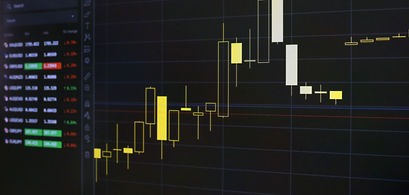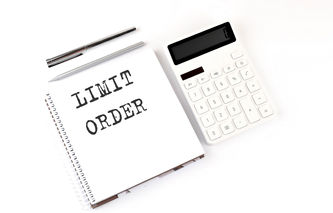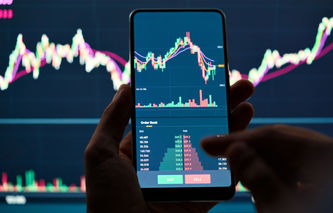Definition
The term market peg order refers to those that follow the best bid, when selling a security, and the best offer, when buying a security. Market peg orders follow the opposite side of the market than primary peg orders.
Explanation
Peg orders are frequently used by traders in volatile markets, because they provide the opportunity to get the best possible price when buying or selling a security. Peg orders are based on the National Best Bid Offer (NBBO). The National Best Bid (NBB) is the highest price a trader is willing to pay for a security (or stock); while the National Best Offer is the lowest price someone is willing to receive when selling a security. The NBBO refers to the difference between the NBB and NBO, and this is known as the spread.
Also known as reverse peg orders, market peg orders are "pegged" to one side of an order book. For example, if the trader wants to sell a stock, it would be pegged to the bid side of the order book. Reverse peg orders allow a trader to track the best bid when they are selling a stock and the best offer when buying a security. Since the trader is placing a market peg order to buy a security at the NBO price, it's considered a more aggressive trade, depending on the width of the quote. In practice, the trader would create the order by specifying a limit price, which is the worst price they are willing to accept. Then the trader would enter an offset amount, which becomes the active limit price. For example:
A sell order price would be equal to the NBB plus an offsetting value.
A buy order price would be equal to the NBO minus an offsetting value.
Related Terms





.png)



.png)